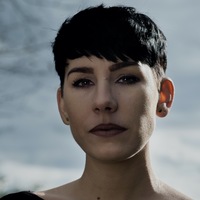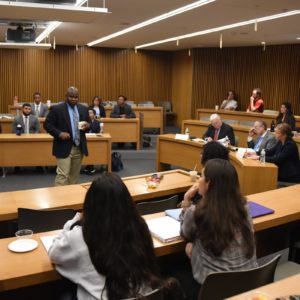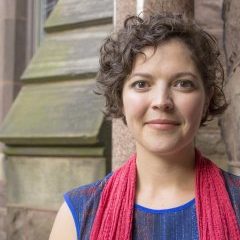As a Geosciences major, I am fascinated by ocean biogeochemical cycling and reconstruction of past climates and marine environments by way of biological proxies. Yet, I have also found myself intrigued in environmental movements and storytelling, particularly with the narratives of the land histories of indigenous communities in the backdrop of anthropogenic climate change and U.S. colonial history.
With growing interest in both fields, I enrolled in Professor Allison Carruth’s ENV238: Environmental Movements: From Wilderness Protection to Climate Justice. Here, with luck, I met an incredible preceptor who shed some light on the interdisciplinary nature of her research and inspired me to delve deeper into my own multifaceted interests.
A PhD candidate student in the Geosciences department, Gemma M. Sahwell is currently a member of both the Blue Lab and the Higgins Research Laboratory. Curious, I reached out to her to see if I could speak with her a bit about her research.
Join me below to hear about her experience.
Continue reading Research Insights Series: An Interview with Gemma M. Sahwell





